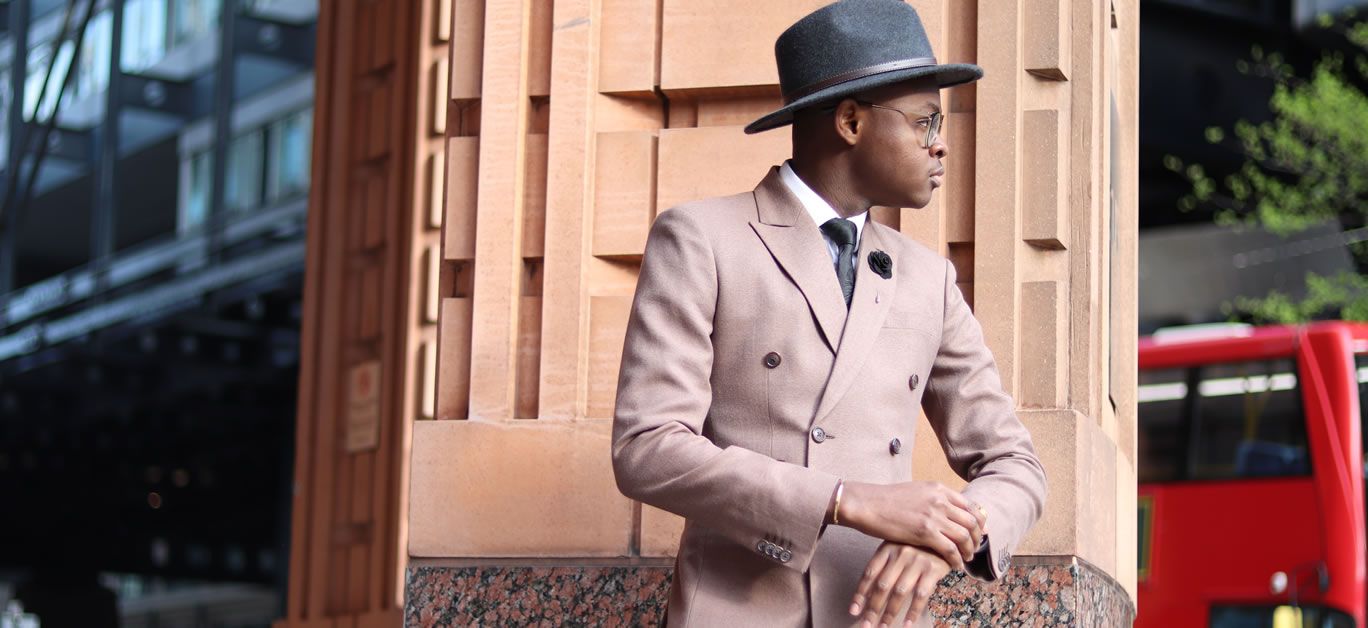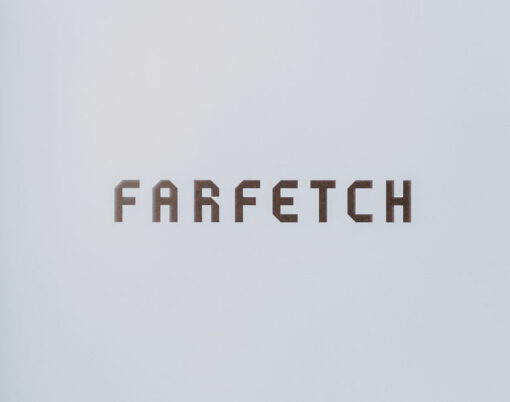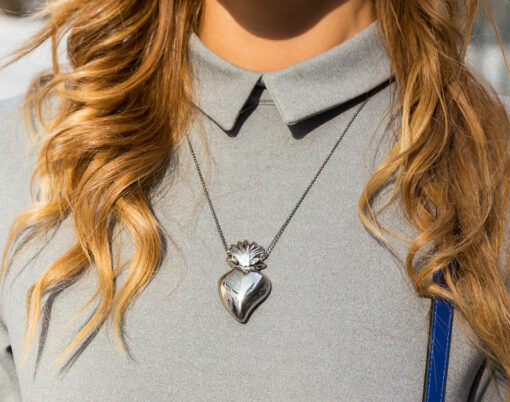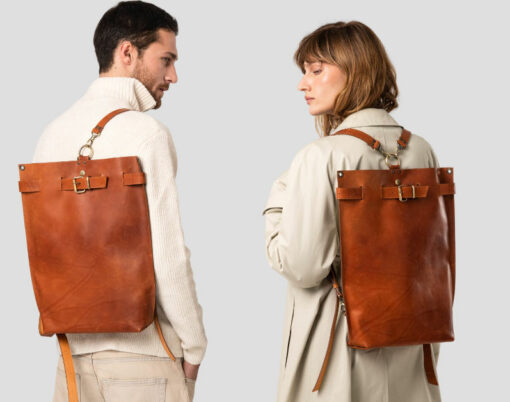Words by ID Spencer, a London company setting the trend for bespoke suits and shirts for men.
It is no longer news that the retail industry started its gradual shift away from brick and mortar stores to a more digital reality a couple of years ago. This played out with dwindling walk-in appointments and increased online shopping, however, with the Covid-19 pandemic, this shift accelerated exponentially.
Sequel to the pandemic, consumers embraced e-commerce, jumped onto the internet in even greater numbers, buying more groceries and other goods online, and selecting from an array of outside-the-store fulfilment options, such as curb-side pickup and home delivery. Customers who typically would make up for multiple walk-in transactions at the store now rely on their e-commerce shops to get what they need, hence making the physical structure less relevant.
This recent Pwc report shows the figures recorded for store closures and shutdowns in the past two years, totalling over 17,000 with an average of 48 chain stores closing every day. Fashion stores specifically recorded an average of three stores closing per day. These figures are enough to make any business owner re-evaluate their business strategy.

British fashion retailer group, Arcadia, suffered a hit along these lines, falling into bankruptcy and had four of its top brands, Topman, Topshop, Miss Selfridges, and HIIT, acquired by ASOS in early 2021. This acquisition however did not include the physical stores, which will all be shut down.
Debenhams suffered a similar fate until Boohoo swooped in and bought the brand and its online website, early 2021 – leaving its over 119 stores shuttered. Meanwhile, the fashion e-commerce brands like ASOS and Boohoo are thriving – making over four times their average profit and 45% revenue increase in the first few months of the pandemic, respectively.
The bespoke industry is not left out. Right on upscale central London, the famous Savile Row which is home to dozens of suit makers and is known for its seamless fit and style for the world’s top executives and movie stars is also finding its feet amidst this shift in consumer behaviour. The industry that thrives on made-to-measure clothes now has the responsibility to find newer and safer ways to get their clients quality garments and a seamless virtual experience.

The average bespoke order starts from taking the customer’s measurements, then choosing materials to be used – style, pattern, fabric, buttons, linings – to the customer’s taste. Once this is done, a rough stitch is produced to see how well the clothing looks. Adjustments follow the rough stitch sessions, and a second fitting is set up. Once the exact fit is achieved, the clothing goes to final production before the client receives it. The full process can take up to four fitting and alteration sessions (between 10-12 weeks) before the final product is achieved.
In the post-Covid reality, it is an uphill task to pull off the traditional bespoke process without various hitches and delays. This is in addition to the now-present paranoia clients have for physical gatherings or meetings.
So what is the future of bespoke tailoring?
The bespoke design community may need to rethink the way business is done if it is to thrive in the post-Covid era. This means that the bespoke tailor of the future needs to explore a fusion of both physical and digital structures and experiences, to ensure the satisfaction of today’s customers and their evolved demand.
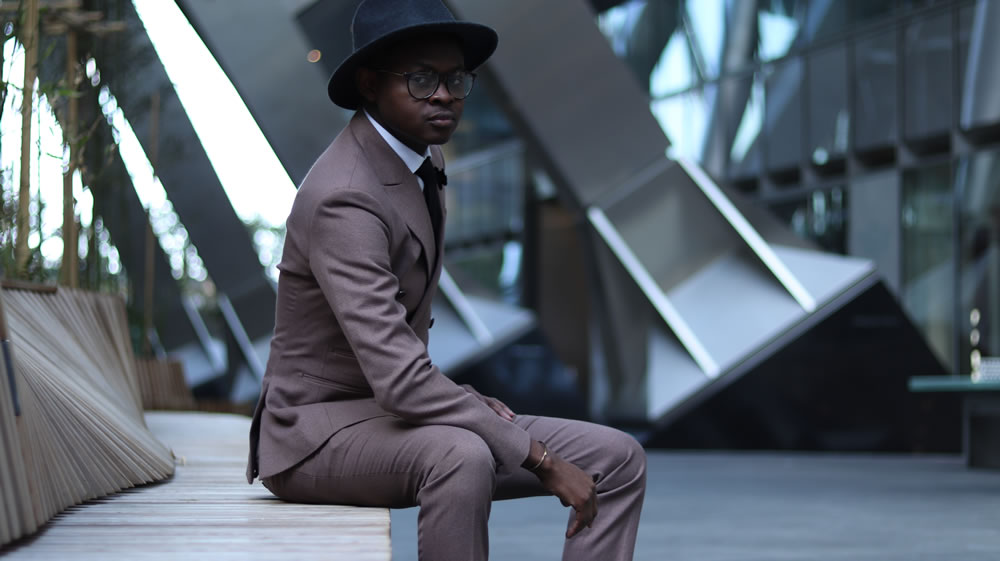
The warmth and personal touch fitting sessions provided will now have to be replicated using the technology of the day, such as 3D custom design tools, body scanners, virtual fitting sessions and kits, and many more solutions. Conversations must be had around how cutting-edge technology can help the bespoke tailor and satisfy the bespoke customer, wherever he or she may be. The issue of venturing into more casual bespoke designs is also a possibility tailors need to embrace, as customers are having fewer physical outings and are spending more and more time in their homes.
Things aren’t going to be the same again and only those who are willing to step into the future will be able to succeed in the new normal. Until then, the bespoke industry will just have to find newer ways to do what it is known for – giving customers a seamless experience while delivering the perfect fit.
All imagery used in this article credit: ID Spencer












